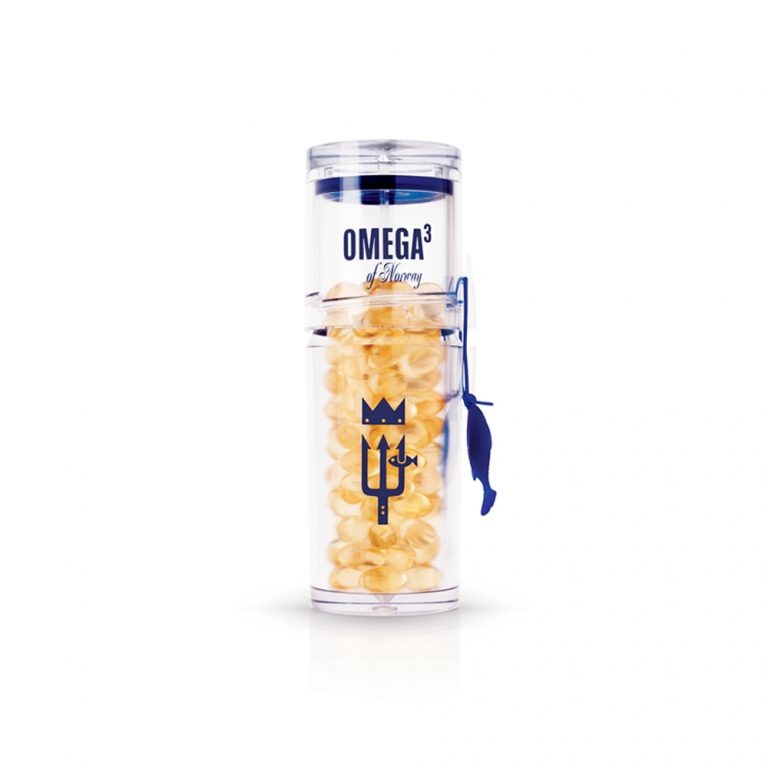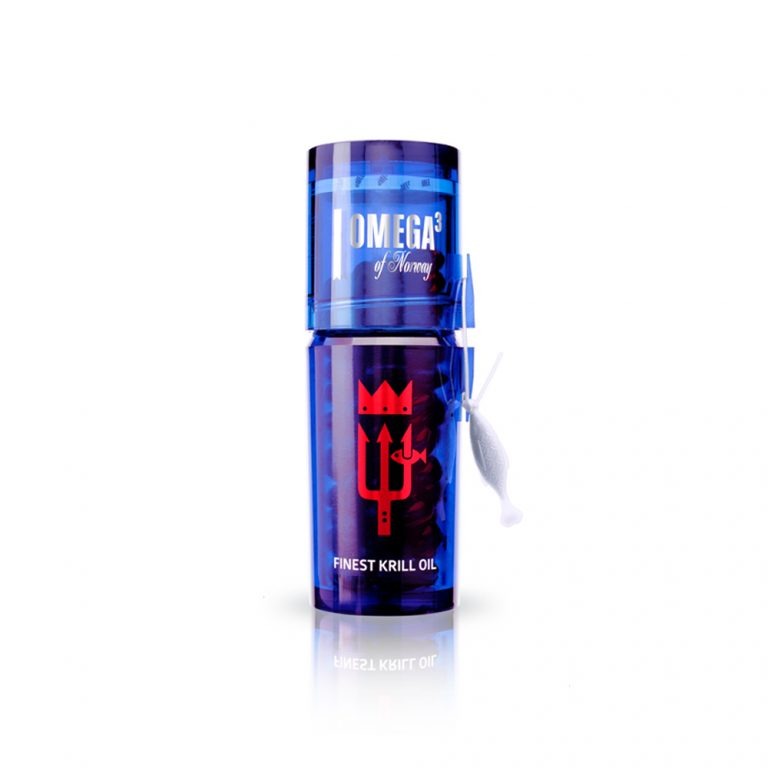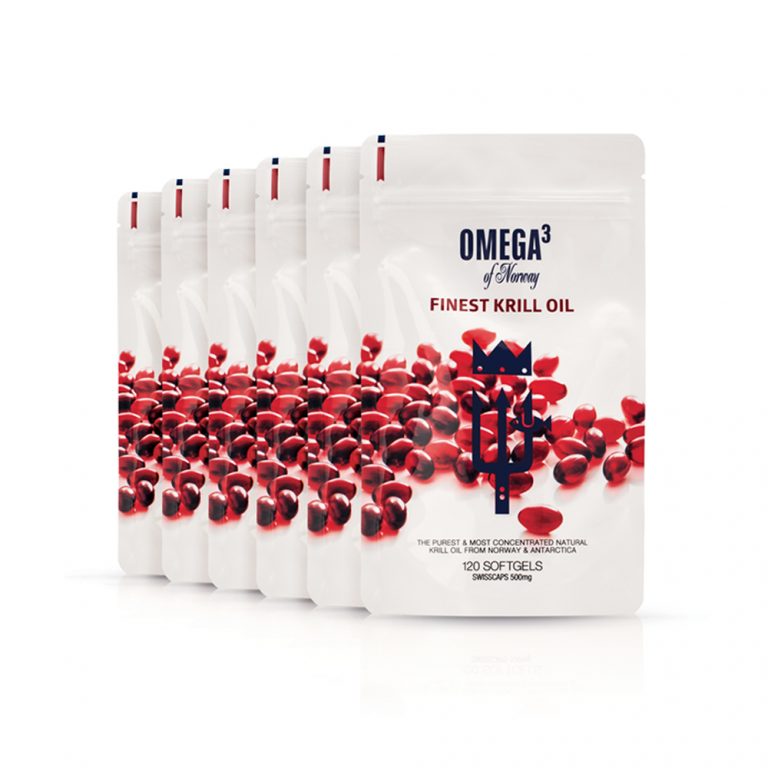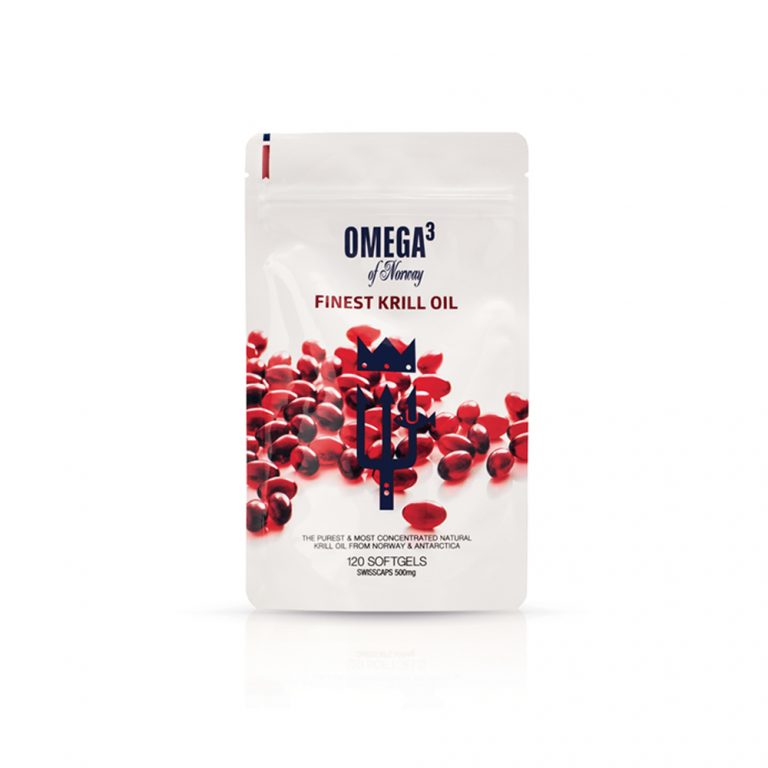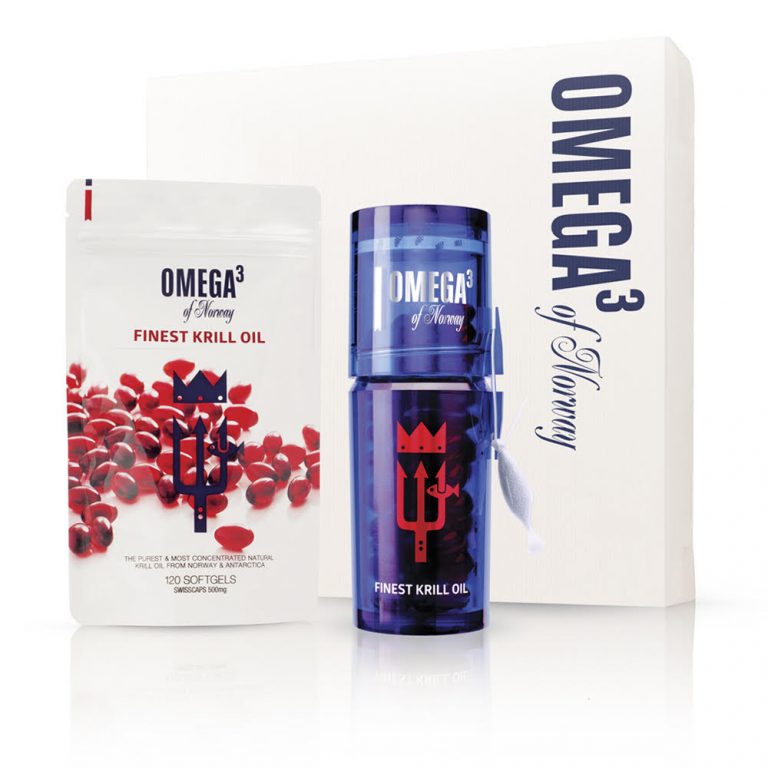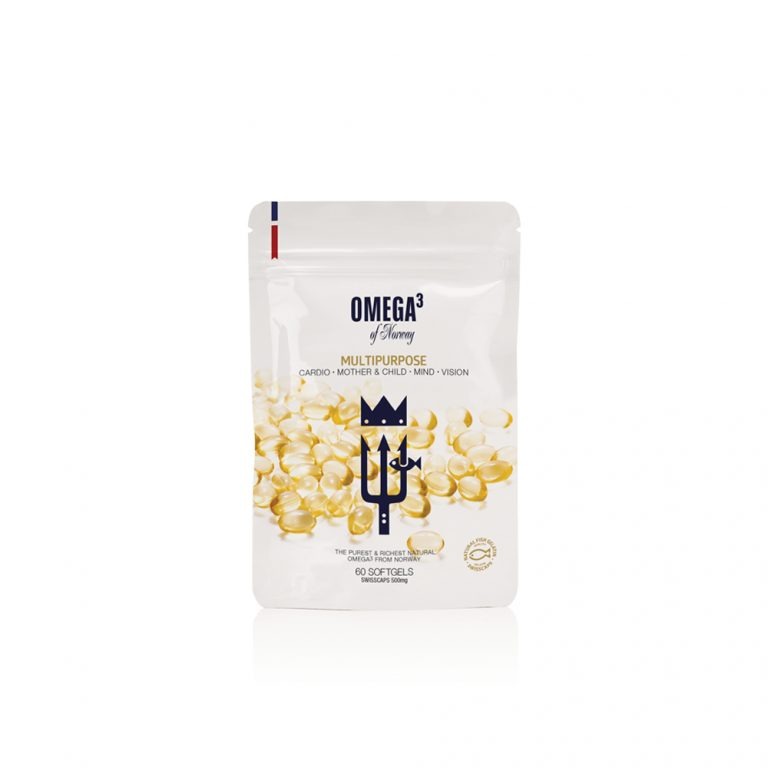OMEGA 3 can help protect against UV rays, naturally
OMEGA 3 assists in maintaining the skin´s elasticity & texture
OMEGA 3 anti-inflammatory nature, adds hydration to the hair skin & nails
How Omega – 3 Helps Your Skin Look Clear & Clean and Helps Protect it from the Sun
Omega – 3 fatty acids can protect your skin against damage from the sun’s UV rays and help it to look youthful and hydrated. Next to its many other health benefits, omega – 3 fatty acids now have also been proven to influence your looks! They form an important part of our skin cell’s membranes and play a role in our natural protection against the damage inflicted by UV rays, may help prevent cancer and can increase your resistance to sunburns.
In this article we will look at how those essential fatty acids protect your skin from sun damage and how they make it look soft and smooth.
Omega – 3 Makes Your Skin More Resistant To Sunburn
Research has shown, that omega – 3 fatty acids can protect you against the sun’s harmful ultraviolet A (UVA) and B (UVB) rays and make your skin more resistant to sunburn by reducing its sensitivity to those rays.
Omega – 3 fatty acids like docosahexaenoic acid (DHA) and eicosapentaenoic acid (EPA) fulfil many important functions in your body. They are so-called essential fatty acids (EFA) and cannot be produced by your body itself, but we rely on consuming them through our diet. They for example occur in marine sources such as algae or fish, but also in plants such as soybeans or flaxseeds.
When sunlight hits your skin, its UVA and UVB rays can produce free radicals, which can cause damage to your cells by attacking their membranes. Omega – 3 fatty acids are important parts of your cell membranes and can therefore improve their resilience to UV rays and also help them protect other parts of the cell against free radicals.
While there are other ways to protect your skin, like wearing protective clothing or applying sunscreen, their influence is local and temporary. Evidence has shown that a dietary supplementation with omega – 3 fatty acids than provide an added layer of systemic photoprotection from the damaging effects of UV rays. But still, wearing sunscreen and covering sensitive areas of your body with protective clothing is a must, even if it is often forgotten during non-holiday times!
There is more research needed to determine the exact impact of omega – 3 on your skin, but what is for certain is that it can supply an additional protection from sunlight exposure for your skin.
Omega – 3 And Skin Cancer
New research from the University of Manchester shows that fatty acids such as omega – 3s can have chemo preventative roles. Which means that they can prevent or slow the development of cancer. Most skin cancer is the result of exposure to the UV radiation from the sun, which suppresses your immune system and makes it less able to fight off such diseases. A daily dose of omega – 3 has now been shown to partially counteract this effect, reducing the likelihood of skin cancer.
While a sunburn can be painful, the sunlight can already have negative impacts on your cells even before you notice any redness. The radiation of the UV rays can cause cellular damage that induces inflammation and can even lead to cancer. It also suppresses the immune system in its response (immunosuppression), which affects the ability of our body to fight off such infections or cancer. Omega -3 fatty acids have powerful anti-inflammatory properties and can therefore support your immune system and have been shown to protect skin cells against sun-induced inflammation and can mitigate damage caused by this. In these articles https://norwayomega.com/blog/how-omega-3-fish-oil-can-boost-your-immune-system/ and https://norwayomega.com/blog/how-red-krill-oil-can-boost-your-immune-system/ you can read more about the positive impacts of omega – 3 fatty acids from fish oil and krill oil on your immune system.
Lara Holtkamp – Norway Omega Ámbassador
How Omega – 3 Helps You To Look Healthy And Young
Omega – 3 fatty acids can minimize wrinkles and make your skin look youthful and clear thanks to their impact on our skin cells. The skin is the biggest organ of our body and forms an important protective layer between us and the outside world. It is organized in two layers, the dermis and epidermis, both containing specialized cell types with specific functions. The proper functioning of our skin is not only important for our health, but a healthy skin is also a good-looking skin. So here is how omega – 3 fatty acids can help your skin be healthy and glow from within.
The epidermis serves mainly as a barrier, preventing water loss and the invasion of microbes and toxins. The dermis, which sits just below the epidermis, consists mostly of collagen and elastin and its primary function is to provide physical and nutritional support to the epidermis, our outermost layer of skin. The omega – 3 fatty acids that we have mentioned above, EPA and DHA, are important components of the cell membranes in your epidermis and therefore help it to retain water and moisture, making your skin look healthy and hydrated thanks to plumper skin cells. In the dermis, the main role of the fatty acids is related to the production of signaling molecules that mediate the inflammatory response. This again, goes back to the impact of those fatty acids on our immune system that we have previously talked about.
Plumper and stronger skin cells thanks to sufficient hydration and water retention, also lead to fewer wrinkles and a more youthful skin appearance. Thanks to their role in improving our skin’s resistance to UV damage, omega – 3 fatty acids also increase the Photo protection of our skin and therefore reduce the damage caused by overexposure to sunlight, which is one of the most common causes of accelerated skin ageing. Finally, these fatty acids can also regulate the skin’s oil production and minimize breakouts and other signs of ageing.
What About Acne And Other Skin Conditions?
Thanks to their impact on oil production and their anti-inflammatory properties, omega – 3 fatty acids may also reduce acne and breakouts, since new research shows that acne might primarily be caused by inflammation. Other conditions such as itchy, red or flaking skin might also be improved by additional omega – 3 fatty acids, since they support the barrier function of your skin and help it to retain more moisture and keep out irritants and bacteria. This can also smooth rough skin and overall improves the appearance of it.
Because EPA and DHA can improve your skin’s resistance to UV damage, they might even be able to reduce the severity of symptoms of certain photosensitivity disorders like skin rashes or fluid-blisters following UV exposure in someone with a sun allergy for example.

Healthy Gut, Healthy Skin
To make sure you can benefit from all those positive aspects of omega – 3 fatty acids, you must make sure to consume sufficient amounts of EPA and DHA either through your diet or with the help of food supplements. And while it can be easy to think that skin problems can only be solved from the “outside”, don’t forget to look at how you feed it from within. While omega – 3 can also be applied directly onto your skin, including them in your diet guarantees you not only positive effects on your skin, but also the many other health benefits of omega -3 fatty acids on your heart or immune system. https://norwayomega.com/blog/what-are-benefits-of-omega-3-fatty-acids/
A healthy diet full of antioxidant-rich fruit and vegetables is important for a good-looking and healthy skin. Additionally, your diet should be low in sugars and contain nutrients such as zinc, collagen, prebiotics and omega – 3 fatty acids, which have been linked to younger and healthier looking skin. New research shows that a balanced gut and healthy gut bacteria can play an important role in determining the way our skin behaves. Omega – 3 fatty acids can help you to maintain a healthy gut and give your skin a glowing, more youthful appearance and increased photoprotection.
While there are some foods that contain high amounts of EPA, DHA or ALA ´alph-Linolenic acid´, it can be easier and more beneficial to consume a high-quality omega – 3 supplement directly, to boost your diet and make sure, that your skin and body gets all the nutrients they need.
Browse our shop today to see the full selection of our fish oil and krill oil supplements, rich in omega – 3 fatty acids and a powerful supplement for your daily needs.
Sources
https://www.barebiology.com/pages/guide-omega-3-fish-oil-skin
https://lpi.oregonstate.edu/mic/health-disease/skin-health/essential-fatty-acids
https://www.aveeno.com/skin-mind-balance/skin-happy/breaking-down-omega-3-benefits-skin
https://www.sciencedaily.com/releases/2013/02/130226092002.htm
https://www.discovermagazine.com/health/omega-3-shows-protective-effect-against-skin-cancer








